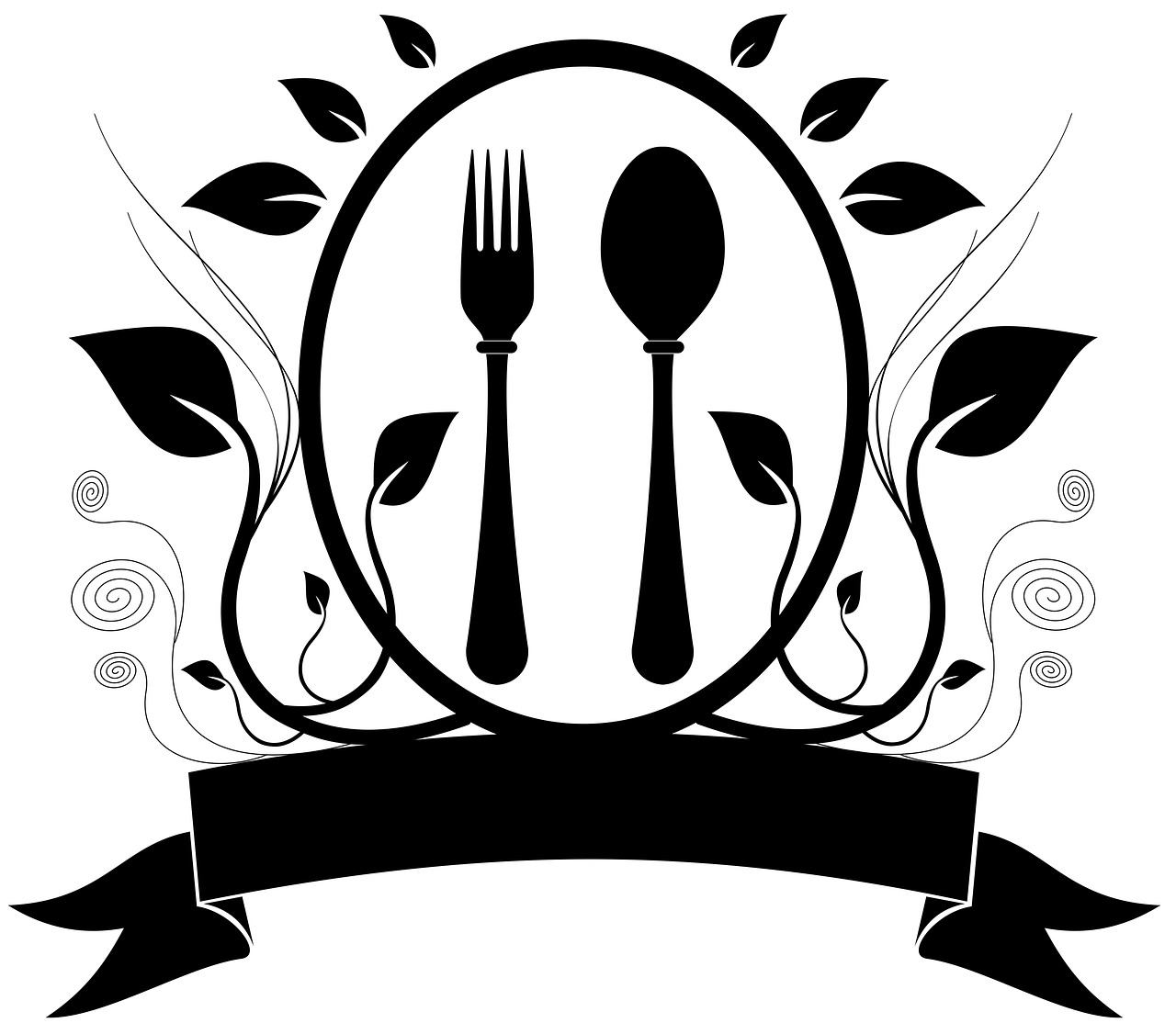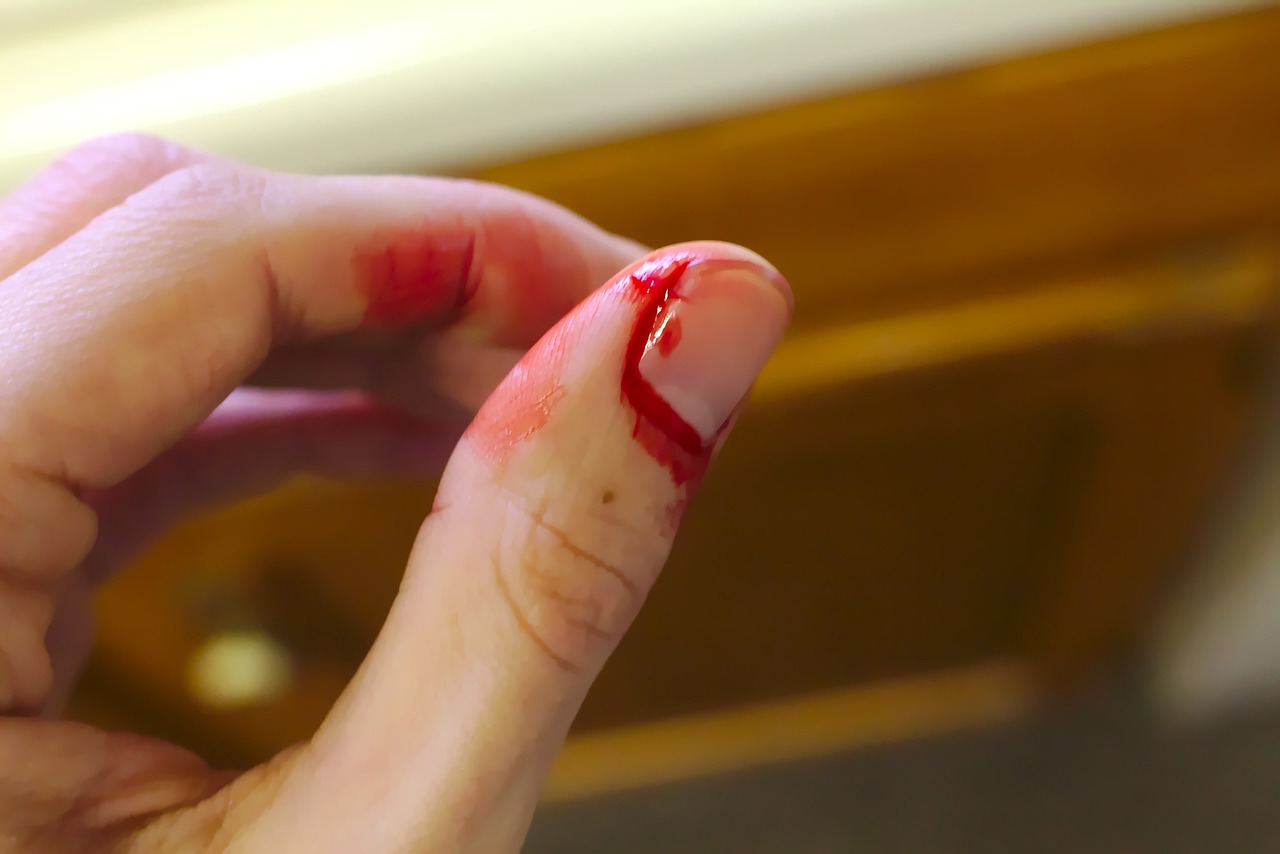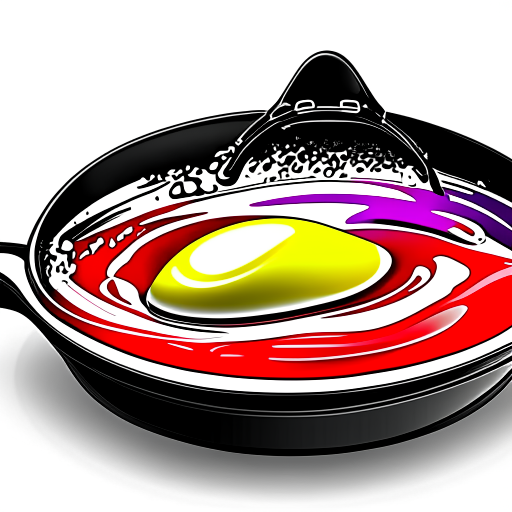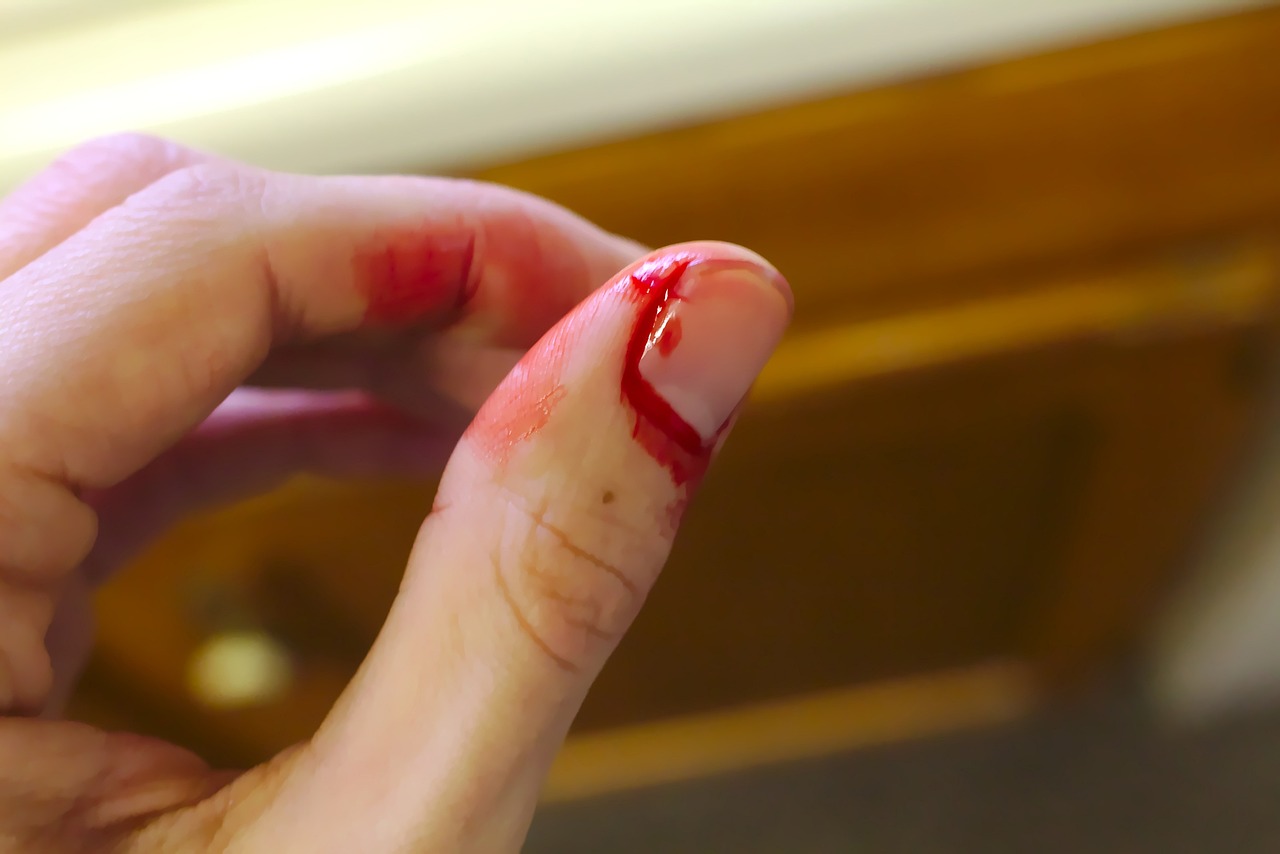Maintaining your knives is essential for both their longevity and your culinary success. In this article, we will explore the importance of cleaning and storing your knives properly. From the proper techniques for cleaning to the best methods for storage, we will provide you with expert tips and guidelines to ensure your knives remain in top-notch condition. So, get ready to sharpen your knife skills as we embark on the journey of knife maintenance.

Importance of Knife Maintenance
Preventing rust and corrosion
Proper knife maintenance is essential to prevent rust and corrosion from damaging your knives. When knives are not maintained properly, they can be exposed to moisture, which leads to rusting. Rust not only ruins the appearance of your knives, but it also affects their performance. By regularly cleaning and drying your knives, you can minimize the risk of rust and corrosion, ensuring that your knives remain in top condition.
Extending the lifespan of your knives
By taking care of your knives and following proper maintenance practices, you can significantly extend their lifespan. Knives that are well-maintained retain their sharpness and functionality for a longer period. Regular cleaning and sharpening help to preserve the edge and performance of your knives. Proper storage also plays a crucial role in maintaining the integrity of the blades. With proper knife maintenance, you can enjoy using your favorite kitchen tools for years to come.
Cleaning Your Knives
Hand washing vs. dishwasher
When it comes to cleaning your knives, hand washing is the recommended method. Dishwashers can be harsh on the blades, exposing them to high heat, strong detergents, and banging against other utensils. These factors can cause damage to the knife’s edge and overall quality. By hand washing your knives, you have better control over the cleaning process and can ensure that each knife is properly cared for.
Using mild dish soap and warm water
To clean your knives, use mild dish soap and warm water. Avoid using abrasive or harsh detergents as they can potentially damage the blades. Gently scrub the knife with a sponge or soft cloth to remove any food particles or stains. Make sure to pay attention to the handle as well. Rinse the knife thoroughly with warm water to remove any soap residue before drying.
Avoiding harsh scrubbing tools
When cleaning your knives, it’s important to avoid using harsh scrubbing tools such as steel wool or abrasive brushes. These can scratch the surface of the blade, affecting its performance and appearance. Opt for a soft sponge or cloth instead, as it can effectively clean the knife without causing any damage.
Drying your knives properly
Properly drying your knives is crucial to prevent moisture from causing rust and corrosion. After washing, use a clean towel to dry the knife thoroughly, paying attention to the blade, handle, and any crevices. Ensure that all moisture is removed before storing your knives. Avoid air-drying them, as this can lead to water spots and potential damage.

Removing Stains and Odors
Removing food stains
Food stains can be stubborn to remove from knife blades, especially if they have been left on for an extended period. To remove food stains, soak the knife in warm water with a few drops of mild dish soap. After a few minutes, gently scrub the blade using a sponge or cloth. Rinse thoroughly and dry the knife as usual.
Using baking soda for tough stains
For tougher stains, such as those caused by acidic foods or stubborn residues, baking soda can be a useful tool. Create a paste by mixing baking soda with water and apply it to the stained areas of the knife. Let it sit for a few minutes and then scrub gently with a sponge or cloth. Rinse thoroughly and dry the knife.
Removing strong odors
If your knife has absorbed strong odors, such as garlic or onions, it’s important to eliminate the smell to avoid transferring it to other foods. One effective method is to rub the blade with a lemon or lime slice, as the acidity helps neutralize odors. Alternatively, you can wash the knife with a mixture of water and vinegar, or use a specialized stainless steel odor remover.
Sharpening Your Knives
Using a honing rod for regular maintenance
Regularly honing your knives helps to maintain their sharpness and prolong their lifespan. A honing rod is a simple tool that can be used to realign the edge of the blade. Hold the honing rod upright and at a comfortable angle, then swipe the knife blade against the rod, starting from the base and moving towards the tip. Repeat this process several times on each side of the blade. Honing should be done before or after each use to keep your knives in optimal condition.
Using a whetstone for sharpening
While honing helps maintain the sharpness of your knives, sharpening is necessary when the blade becomes dull. A whetstone is a traditional tool used for sharpening knives. Wet the stone with water or oil and hold the knife at the appropriate angle. With even pressure, move the blade across the stone in a sweeping motion. Repeat the process on both sides of the blade until the desired sharpness is achieved. It’s important to follow the instructions provided with the whetstone and practice proper technique to avoid damaging the knife.
Seeking professional sharpening services
If you are not confident in your ability to sharpen your knives or if they require extensive sharpening, it’s advisable to seek professional sharpening services. Professional sharpeners have the knowledge, experience, and specialized tools to ensure that your knives are sharpened correctly without risking any damage. Professional sharpening services can help revive dull or damaged blades, allowing you to continue using your knives with confidence.

Storing Your Knives
Using a knife block or sheath
A knife block or sheath is a popular and convenient way to store your knives. Knife blocks usually have slots of varying sizes to accommodate different types of knives. They provide easy access to your knives while also protecting the blades and keeping them in good condition. Sheaths, on the other hand, are individual covers that can be used to protect individual knives. Both options help prevent the blades from coming into contact with other utensils, reducing the risk of damage and accidents.
Using a magnetic strip
Magnetic strips are another option for storing knives, especially if you prefer to showcase your collection. These strips can be mounted on a wall or inside a cabinet, providing a space-saving and visually appealing storage solution. The magnetic surface securely holds the knives in place, making it easy to access and organize your knives. However, it’s important to ensure that the magnetic strip is installed securely and that it is positioned away from the reach of children.
Avoiding overcrowding in the drawer
If you prefer to store your knives in a drawer, it’s important to avoid overcrowding. When knives are cramped together, they can rub against each other, causing damage to the blades. This can also make it difficult to retrieve a specific knife without risking injury. To prevent overcrowding, use a separate utensil tray or knife block specifically designed for drawers. This will provide individual compartments for each knife, keeping them organized and protected.
Knife Maintenance Tips
Avoiding cutting on hard surfaces
Avoid cutting directly on hard surfaces, such as granite or glass cutting boards, as they can cause the blades to dull or chip. Instead, use softer cutting surfaces, such as wooden or plastic cutting boards, which are gentler on the blade. This will help maintain the sharpness and integrity of the blade, prolonging its lifespan.
Regularly honing your knives
As mentioned earlier, regular honing is crucial for maintaining the sharpness of your knives. By incorporating honing into your regular knife maintenance routine, you can keep the blades aligned and sharp. Make honing a habit before or after each use, and you’ll notice a significant improvement in the performance of your knives.
Avoiding the dishwasher for high-quality knives
High-quality knives are often made with more delicate materials and intricate designs, which makes them more susceptible to damage in the dishwasher. The high heat, harsh detergents, and vibrating motion can lead to chipping, dulling, or even bending of the blades. To preserve the quality of your high-quality knives, it’s best to hand wash them following the proper cleaning techniques mentioned earlier.
Safety Precautions
Using a cutting board
When using a knife, always use a cutting board to protect your countertops and prevent accidents. Cutting directly on surfaces such as countertops can not only damage the knife but also scratch or chip the surface. A cutting board provides a stable and secure surface, reducing the risk of injuries and ensuring that your knives remain in good condition.
Holding the knife properly
Properly holding a knife is crucial for both safety and effectiveness. Grip the handle firmly with your dominant hand, while placing your other hand on the blade near the base for stability. Maintain a secure grip and avoid holding the knife too loosely or too tightly. It’s important to practice proper knife handling techniques to minimize the risk of accidents and ensure a smooth and controlled cutting motion.
Keeping knives out of reach of children
To prevent accidents and injuries, it’s essential to keep your knives out of reach of children. Store them in a secure location, such as a locked cabinet or a knife block positioned out of the reach of little ones. Additionally, always supervise children closely when they are in the kitchen or handling knives, and teach them proper knife safety from a young age.
Maintenance for Different Knife Materials
Cleaning and caring for stainless steel knives
Stainless steel knives are popular due to their durability and resistance to rust and corrosion. To clean stainless steel knives, follow the general cleaning techniques mentioned earlier. After cleaning, make sure to dry the knives thoroughly to avoid any potential water spots. Additionally, it’s important to avoid prolonged exposure to acidic foods or harsh cleaning chemicals, as they can potentially damage the stainless steel surface.
Maintaining carbon steel knives
Carbon steel knives are known for their sharpness and edge retention. However, they require more maintenance compared to stainless steel knives. To clean carbon steel knives, use mild dish soap and warm water, similar to stainless steel knives. After cleaning, it’s crucial to dry the knives thoroughly to prevent rusting. Applying a thin layer of food-safe mineral oil or vegetable oil to the blade after drying can provide an extra layer of protection against rust.
Caring for ceramic knives
Ceramic knives are relatively fragile compared to stainless steel or carbon steel knives. To clean ceramic knives, hand washing is recommended, using mild dish soap and warm water. Avoid using abrasive scrubbing tools, as they can potentially scratch the ceramic blade. Once cleaned, make sure to dry the knives thoroughly. Handle ceramic knives with care, as they can chip or crack if dropped or exposed to excessive force.
Troubleshooting Common Knife Issues
Fixing loose handles
Over time, the handle of a knife may become loose or detached. To fix a loose handle, you can use epoxy adhesive to reattach it securely. Follow the manufacturer’s instructions on the adhesive package and apply it according to the recommended method. Make sure to allow the adhesive to dry completely before using the knife again to ensure a strong and secure bond.
Repairing chipped or damaged blades
If your knife blade becomes chipped or damaged, it may require professional assistance for repair. Depending on the severity of the damage, a professional knife sharpener or cutlery repair service can assess the situation and provide the necessary repairs. It’s important not to attempt to repair major damage yourself, as it can worsen the problem or potentially cause injury while handling the knife.
Conclusion
Maintaining your knives properly is crucial for their longevity and performance. By following the tips and techniques provided in this article, you can prevent rust and corrosion, extend the lifespan of your knives, and ensure their optimal functionality. From cleaning and sharpening to proper storage and handling, each aspect of knife maintenance plays a significant role in preserving the quality of your kitchen tools. With a little effort and regular maintenance, your knives will remain sharp, reliable, and ready to assist you in all your culinary endeavors. Happy cutting!

